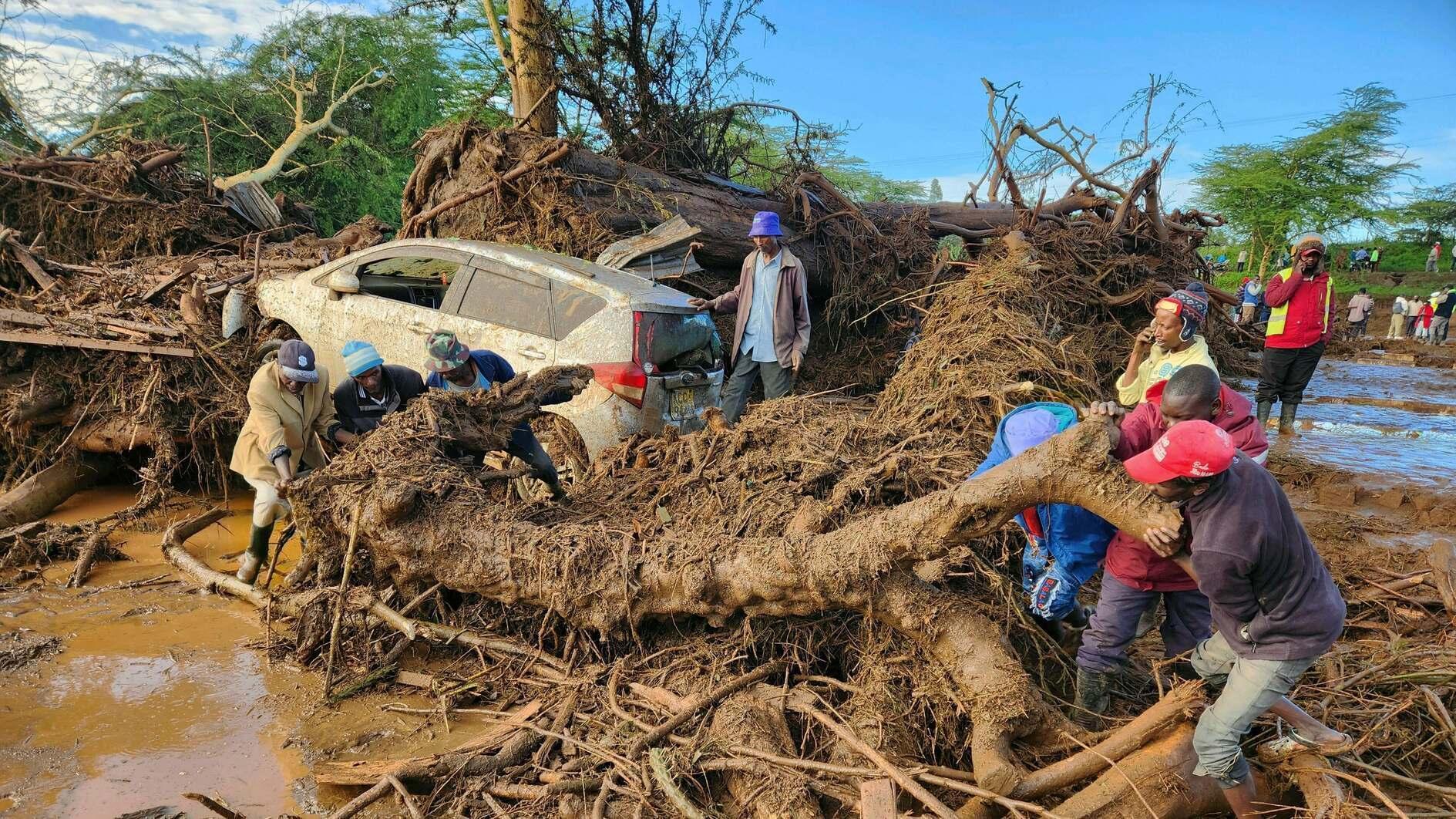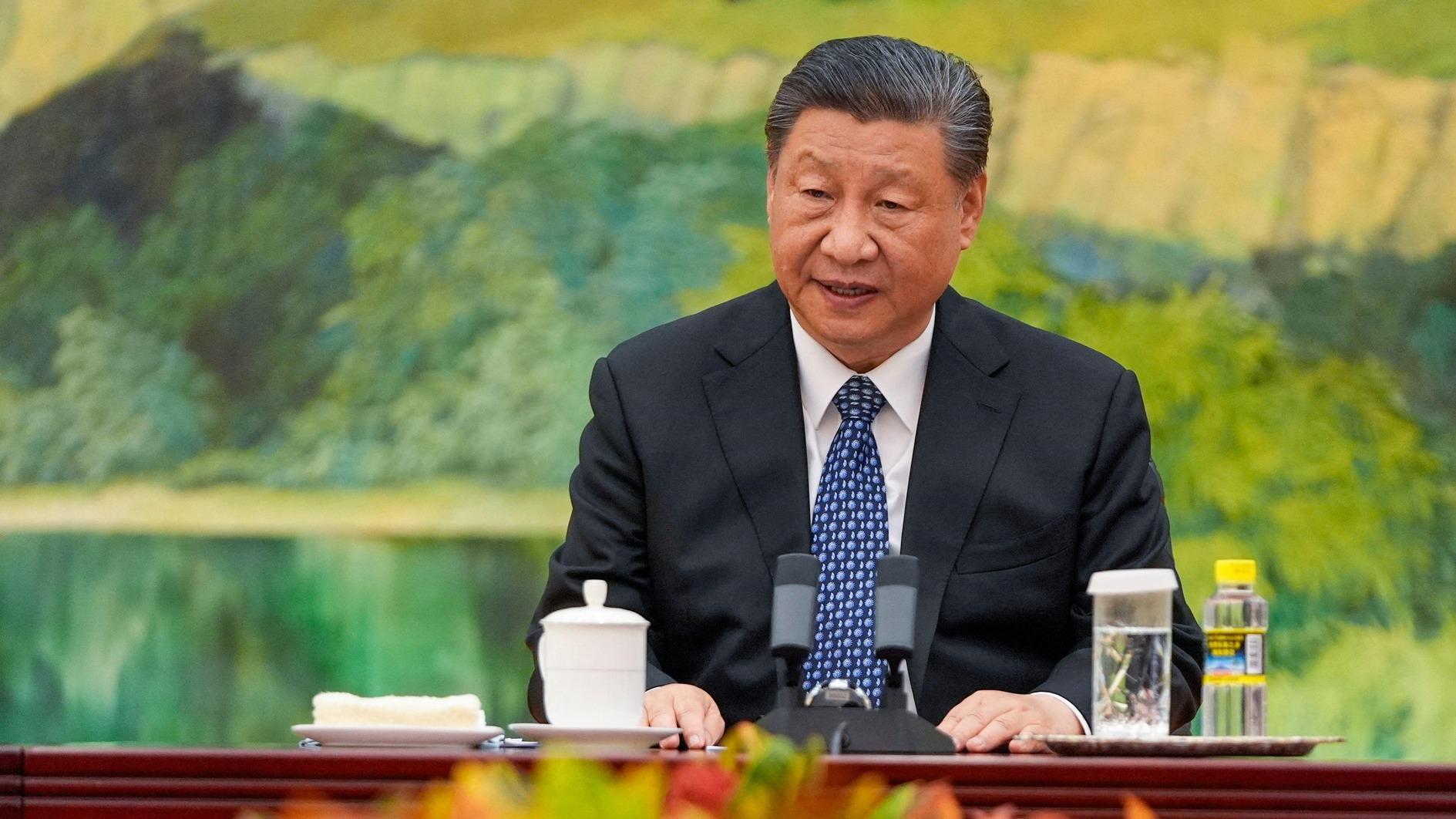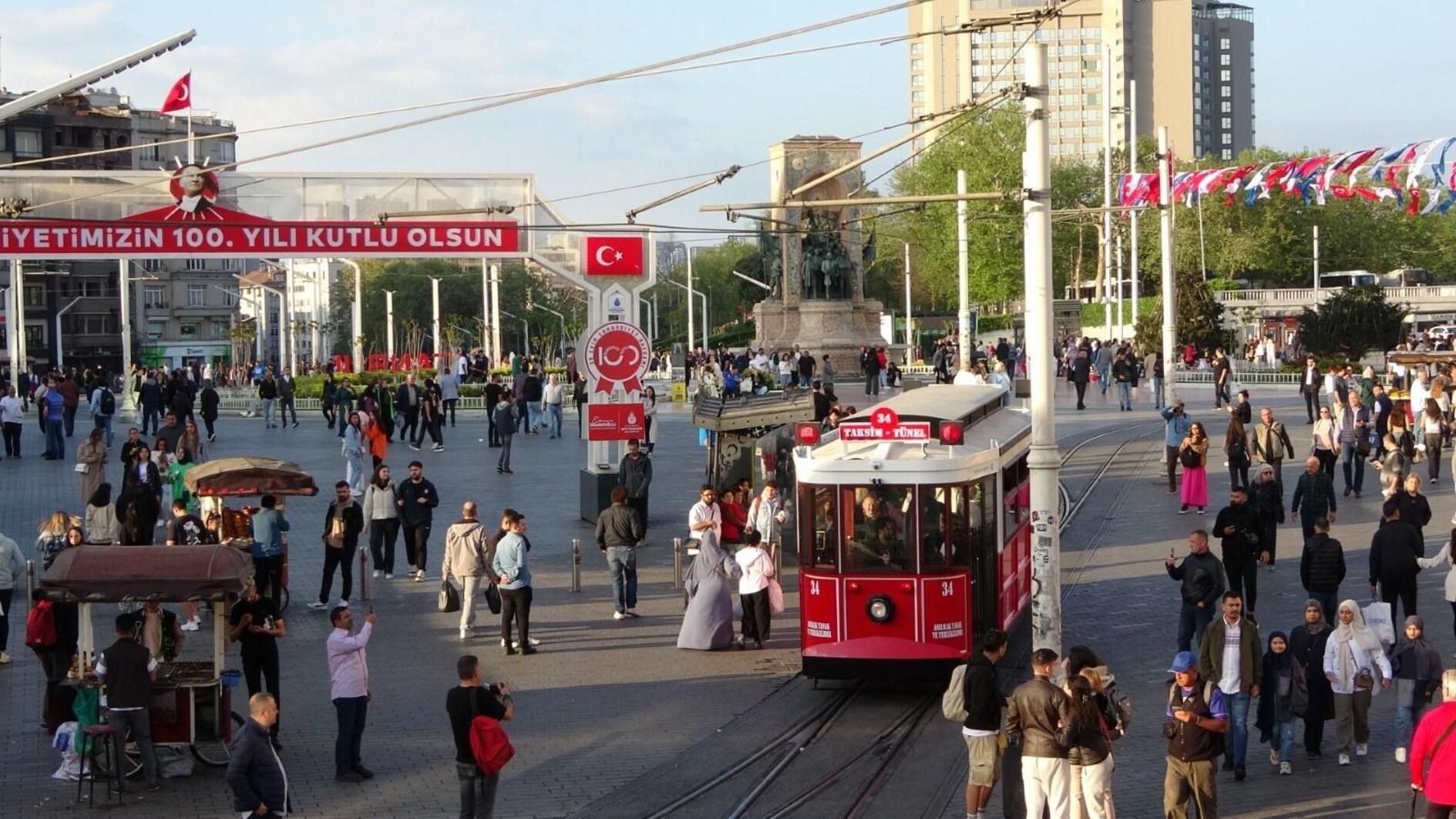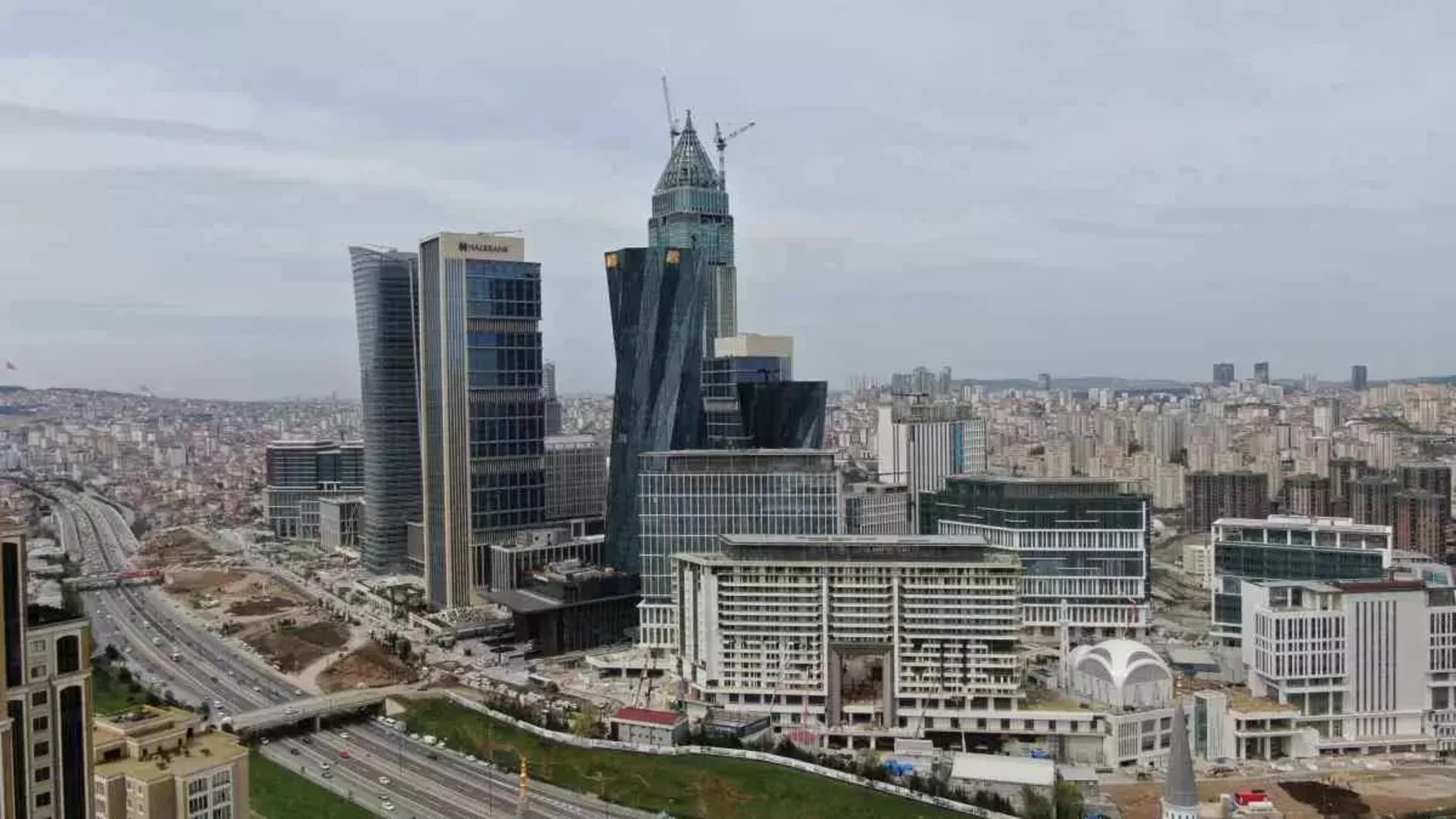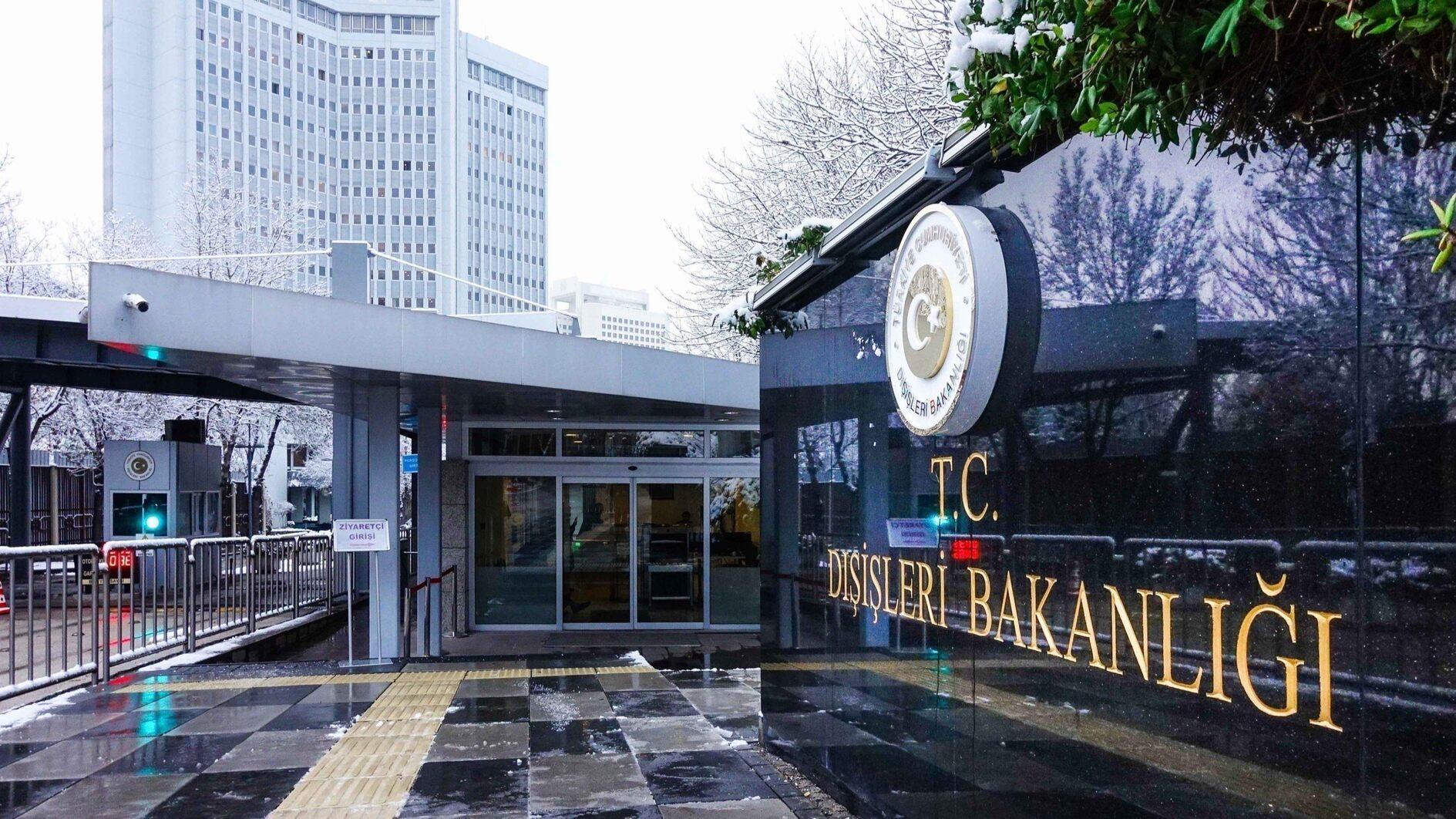N. Korea agrees to nuclear moratorium, IAEA inspections
WASHINGTON - Reuters
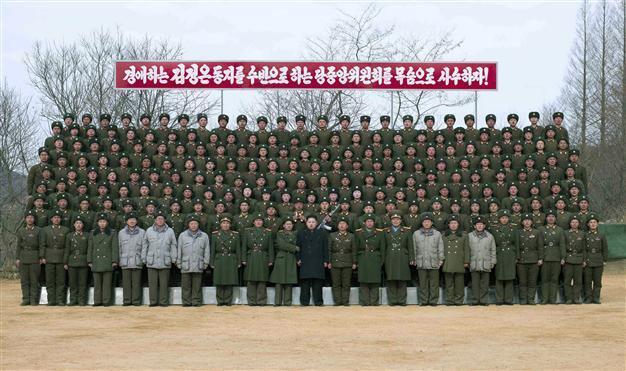
This undated photo released by North Korea's official Korean Central News Agency (KCNA) on February 27, 2012 shows North Korean leader Kim Jong-Un (C) posing with soldiers while inspecting units under the command of the Korean Peoples' Army 4th Corps, stationed in the southwestern sector of the front at an undisclosed location in North Korea. AFP PHOTO / KCNA via KNS
North Korea agreed today to stop nuclear tests, uranium enrichment and long-range missile launches and to allow nuclear inspectors to visit its Yongbyon nuclear complex to verify the moratorium has been enforced.The announcement, made simultaneously by the U.S. State Department and North Korea's official news agency, paves the way for the possible resumption of six-party disarmament negotiations with Pyongyang and follows talks between U.S. and North Korean diplomats in Beijing last week.
It also marks a significant policy shift by North Korea's reclusive leadership following the death in December of veteran leader Kim Jong-il.
"The DPRK, upon request by the U.S. and with a view to maintaining positive atmosphere for the DPRK-U.S. high-level talks, agreed to a moratorium on nuclear tests, long-range missile launches, and uranium enrichment activity at Yongbyon and allow the IAEA to monitor the moratorium on uranium enrichment while productive dialogues continue," North Korea's official KCNA news agency said.
North Korea is known formally as the Democratic People's Republic of Korea (DPRK).
The State Department said that in return the United States was ready to finalize details of a proposed food aid package of 240,000 metric tonnes of nutritional assistance, and that more aid could be agreed based on continued need.
"The United States still has profound concerns regarding North Korean behavior across a wide range of areas, but today's announcement reflects important, if limited, progress in addressing some of these," a State Department statement said.
It said Washington reaffirmed that it did not have hostile intentions toward North Korea and was prepared to take steps to improve bilateral ties and increase people-to-people exchanges.
The surprise announcement was a step forward for Washington's campaign to rein in renegade nuclear programs around the world and comes as the Obama administration steps up pressure on Iran over its atomic ambitions, which western governments fear are aimed at producing nuclear weapons.
New leader at the top
The announcement followed talks between the United States and with North Korea last week in Beijing, the first such meeting since veteran leader Kim Jong-il's son Kim Jong-un succeeded his father at the head of the communist state.
North Korea agreed to curtail its nuclear activities under a an aid-for-denuclearization agreement reached in September 2005 by six-party talks bringing together North and South Korea, China, Japan, Russia and the United States. Under the agreement, the North agreed to abandon its nuclear programs in exchange for economic and diplomatic incentives to be provided by the other parties involved in the negotiations.
But the embryonic deal was never fully implemented. Instead, the North held two nuclear test blasts -- in 2006 and 2009 -- and later disclosed a uranium enrichment program, giving it a second path to obtaining fissile material for bombs, in addition to its long-standing program of producing plutonium.
The United States, South Korea and their allies had been sceptical of North Korea's assertions that it stands ready to return to the six-party talks, and said they would insist on demonstrable evidence of Pyongyang's willingness to denuclearize before any such talks could resume.


